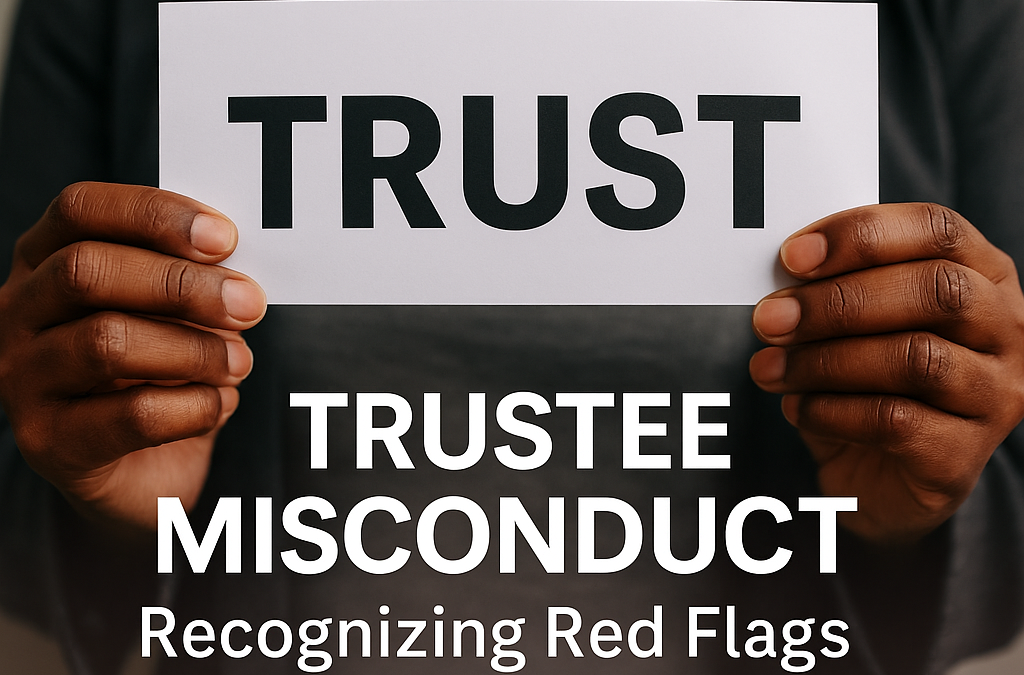Is a Quotation Worth The Paper It Is Written On : Shelly is a second-year cinematography student at a well-known tertiary education institution. At the end of her first year, she requested from the finance department a quotation for her second year of studies. This was presented to her on a document named a tax invoice. The quotation was accepted in that Shelly duly enrolled for her second year by making payment of the deposit requested. In April of her second year, Shelly requested an updated statement from the finance department of the college and was presented with a further “tax invoice”. On this second tax invoice however, Shelly noticed that the amounts previously indicated as the price per module, had suddenly increased! She naturally was very upset about this as she is working part time to pay for her studies and thus requested legal advice in this regard. Does Shelly have any recourse?
THE CONSUMER PROTECTION ACT
The Consumer Protection Act, Act 68 of 2008 (herein after referred to as the Act) was enacted in 2008 and strives to protect the rights of consumers in South Africa. The Preamble of the Act provides that the aim thereof is to “promote a fair, accessible and sustainable marketplace for consumer products and services and for that purpose to establish national norms and standards relating to consumer protection, to provide for improved standards of consumer information, to prohibit certain unfair marketing and business practices, to promote responsible consumer behaviour, to promote a consistent legislative and enforcement framework relating to consumer transactions and agreements, to establish the National Consumer Commission…”
This piece of legislation was a large relief for many South Africans, who had up to that point, settled in many circumstances for being the victim of unconscionable treatment by suppliers.
In our case study, certain provisions of the Act are indeed to the rescue for Shelly.
QUOTATION
The Act provides for a company or service provider to deliver to the consumer on request an “estimate” of the anticipated cost of any goods or services that such consumer is considering purchasing. The Act defines an “estimate” as follows:
‘‘estimate’’ means a statement of the projected total price for any service to be provided by a supplier, including any goods or components to be supplied in connection with that service.
The Act then goes further to specifically prohibit variance from a written estimate once provided by a service provider and accepted by a consumer, note the application of section 15(4) of the Act as follows:
“If a supplier has provided an estimate for any service, or goods and services, the supplier may not charge the consumer a price for that service, or those goods and services, that exceeds the estimate, unless after providing the estimate—
(a) the service provider has informed the consumer of the additional estimated charges; and
(b) the consumer has authorised the work to continue.”
It is clear that the college and/or institution could have varied its quoted price, but only on the circumstances provided in Section 15 of the Act.
So, what is Shelly to do?
The best course of action is always to attempt to resolve the matter amicably with the supplier, therefore sending correspondence outlining the issue and suggested resolve. Sending such correspondence via an attorney’s office always has a bigger impact than to attempt to resolve same oneself.
Shelly should therefore ensure that she has the proof of her concern in the two different tax invoices to substantiate her complaint.
If attempting to resolve issues relating to Consumer Protection in an amicable fashion is not possible, consumers have other recourses available to them such as referring the matter to the Magistrate’s Court, Consumer Tribunal, or the relevant Ombudsman.
The recourse followed should be discussed with an attorney to obtain advice as to the best way to proceed
The Consumer Protection Act does offer a myriad of other remedies and every consumer should take the time to read up about what protections it could offer him or her. Here is a handy article which highlights the working of the Act
If you have any questions regarding the Consumer Protection Act and what remedies it offers to affected consumers, please feel free to give our offices a call to discuss and we will gladly assist












